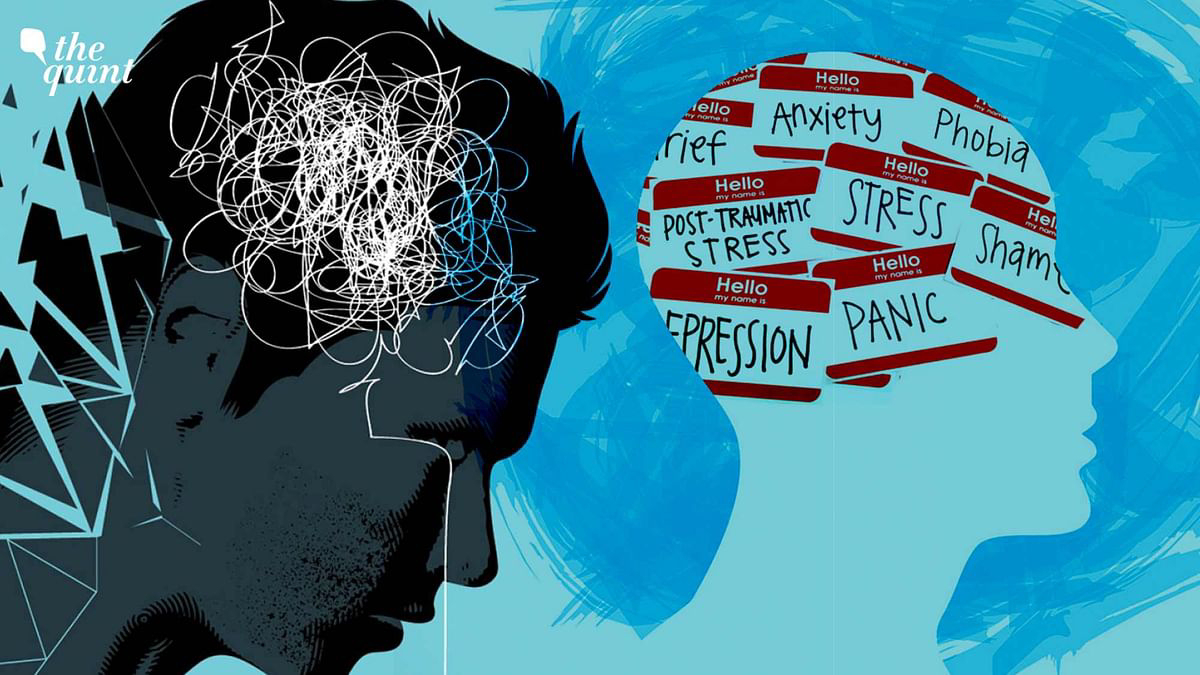Hi, today I would like to share about the interesting topic, namely "Why is it important to raise awareness of mental health", the main reason why i choose this topic is because many people don't care about mental health, what they think about is how to prioritize what is their own pleasure, from several sources and researchers say that "mental health is related to fate and physical health", If humans only rely on physical health without paying attention to mental health, the result is that they will feel unhappy, stressed, depressed, sad and traumatized.
Awareness of mental health is crucial for several reasons:
1. Prevention and Early Intervention: Understanding the signs and symptoms of mental health issues can lead to early intervention, which is key to preventing the worsening of conditions and promoting quicker recovery.
2. Reduced Stigma: Increased awareness helps break down the stigma and misconceptions surrounding mental health, encouraging more people to seek help and support.
3. Better Support and Understanding: When people are aware of mental health issues, they are better equipped to support friends, family, and colleagues who may be struggling, fostering a more empathetic and understanding community.
4. Improved Quality of Life: Proper management of mental health can significantly enhance individuals' overall quality of life, including their physical health, relationships, and productivity.
5. Informed Decision-Making: Awareness helps individuals make informed decisions about their own mental health and well-being, including when to seek professional help and how to implement coping strategies.
6. Workplace Productivity: Mental health awareness in the workplace can lead to healthier work environments, increased productivity, and reduced absenteeism.
7. Public Health and Safety: On a broader scale, mental health awareness can contribute to safer communities by addressing issues such as substance abuse, violence, and homelessness, which are often linked to untreated mental health conditions.
8. Economic Impact: Mental health issues can have a significant economic impact due to healthcare costs and lost productivity. Awareness and treatment can help mitigate these costs.
Overall, mental health awareness empowers individuals and communities to address mental health proactively, leading to healthier and more resilient societies.
Several factors can cause people to avoid learning about mental health:
### 1. Stigma and Shame
- Social Stigma: Mental health is often surrounded by stigma, leading people to feel ashamed or embarrassed.
- Fear of Judgment: Individuals might avoid discussing or learning about mental health out of fear of being judged or labeled as "weak" or "crazy."
### 2. Lack of Awareness
- Ignorance: Some people simply don’t recognize the importance of mental health education or awareness.
- Misinformation: Misunderstandings about mental health conditions and treatments can lead to avoidance.
### 3. Cultural and Societal Norms
- Cultural Beliefs: In some cultures, mental health issues are not recognized or are attributed to supernatural causes, discouraging formal education.
- Societal Expectations: Societies that value stoicism or self-reliance might discourage discussions about mental health.
### 4. Personal Experiences
- Negative Experiences: Individuals who have had negative experiences with mental health care or have seen others treated poorly may avoid learning about it.
- Trauma and Denial: People who have experienced trauma may avoid learning about mental health as a coping mechanism to deny or suppress painful emotions.
### 5. Fear and Anxiety
- Fear of Discovery: People may fear uncovering that they or their loved ones have a mental health condition.
- Fear of Change: Learning about mental health might require acknowledging the need for lifestyle changes, which can be intimidating.
### 6. Lack of Resources
- Access to Information: Inadequate access to accurate, reliable information about mental health can be a barrier.
- Limited Support Systems: People without a strong support system may feel they have no reason or opportunity to learn about mental health.
### 7. Belief in Myths
- Self-Reliance: The belief that mental health issues can be overcome through willpower alone discourages learning about professional help.
- Temporary Problems: Some may believe mental health issues are temporary and do not require serious attention or education.
### 8. Economic and Social Pressures
- Prioritization of Basic Needs: Individuals dealing with significant economic or social pressures may not prioritize mental health education.
- Time Constraints: Busy schedules and prioritization of work or family responsibilities can lead to avoidance.
### 9. Generational Differences
- Generational Attitudes: Older generations may have different attitudes towards mental health compared to younger generations, influencing the willingness to learn.
### 10. Media Portrayal
- Negative Portrayals: The way mental health is portrayed in the media can influence perceptions and willingness to engage with mental health topics.
Addressing these barriers requires a multi-faceted approach, including education, advocacy, and creating supportive environments that encourage open discussions about mental health.
